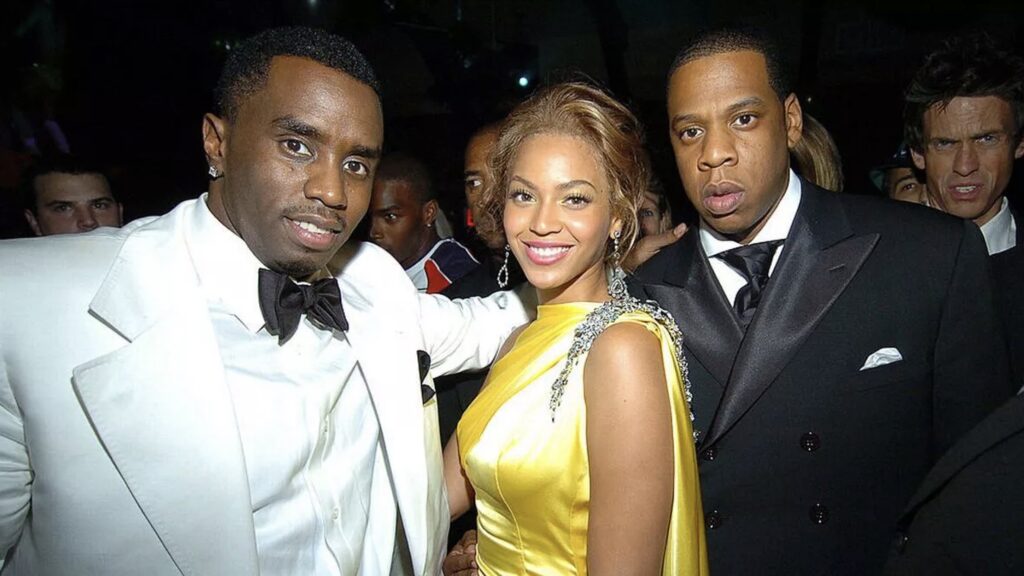Recently, the rapper Jay-Z, whose real name is Shawn Corey Carter, has been implicated in a civil lawsuit alleging the rape of a 13-year-old girl during an MTV Video Music Awards afterparty over two decades ago. Initially filed in October in the Southern District of New York, the lawsuit originally targeted Sean “Diddy” Combs as the sole defendant. However, it was refiled to include Jay-Z in the accusations, which detail a harrowing account of the alleged assault. According to the lawsuit, both artists were involved in the incident, which has sent shockwaves through the music industry and raised significant concerns about celebrity behavior and accountability.
The lawsuit describes how the young girl attempted to gain access to the VMAs afterparty after being dropped off by a friend without a ticket. Upon speaking to several limousine drivers, one allegedly told her he worked for Diddy and invited her to the afterparty, suggesting she was “what Diddy was looking for.” This led to her being transported to a residence where, upon arrival, she was asked to sign a document she believed was a non-disclosure agreement. Once inside, she was offered a drink that left her feeling disoriented, leading her to seek rest in a separate room.
The narrative escalates when the lawsuit claims that Jay-Z and Combs entered the room shortly after and initiated an assault. It details that Jay-Z allegedly raped her while Diddy watched, and that Combs also attempted to assault her. She reportedly resisted Combs’s advances, managing to fend off an attempt at forced oral sex. After the assault, she managed to escape and contacted her father from a nearby gas station. These allegations, if proven true, pose a significant threat to the reputations of both musicians, who occupy monumental places in the entertainment industry.
While the accuser does not appear to be seeking criminal charges, her civil suit is an alarming indication of the environment surrounding celebrity culture, particularly with the powerful and often unquestionable figures at its center. Diddy, who is currently embroiled in other serious legal troubles, including sex trafficking and child abuse, faces intensified scrutiny alongside Jay-Z. The reemergence of allegations against powerful figures raises pressing questions about accountability and the broader implications for how society treats allegations of sexual misconduct, especially involving minors.
In response to the lawsuit, Jay-Z’s legal representation vehemently denied the allegations. In a statement, he accused the plaintiff’s lawyer of attempting to blackmail him, suggesting that the nature of the claims was intended to profit from public scrutiny. Jay-Z expressed his intent to fight the claims vigorously in court, dismissing them as absurd while emphasizing the seriousness of accusations against minors. He criticized the legal process for being exploited for profit and portrayed himself as a defender of children, ultimately expressing concern for the emotional strain these allegations could cause his family.
The ongoing legal battles and accusations against Jay-Z and Combs highlight the complexities surrounding celebrity status and accountability. These allegations are not isolated but part of a growing pattern of complaints that may indicate a systemic issue within the music and entertainment industries. With figures like Diddy already facing severe allegations, Jay-Z’s case, when combined with the broader context of accusations and confrontations in showbiz, invites public discourse about the culture of silence surrounding sexual misconduct and the unique power dynamics that shield abusers from consequences. The ramifications of this lawsuit and others like it may ultimately play a significant role in how society addresses these issues moving forward.

